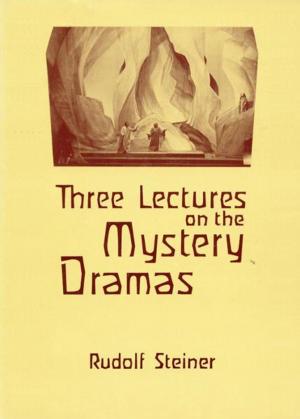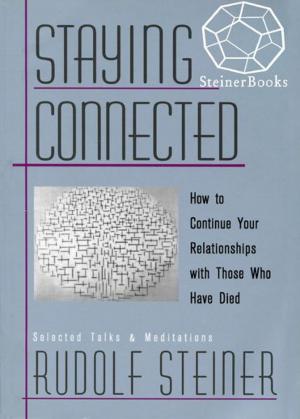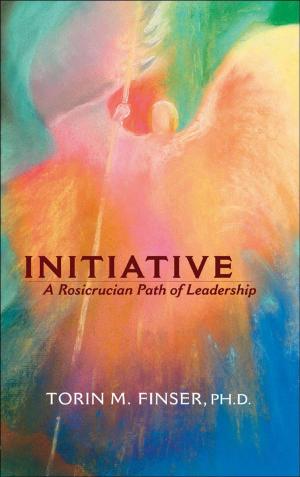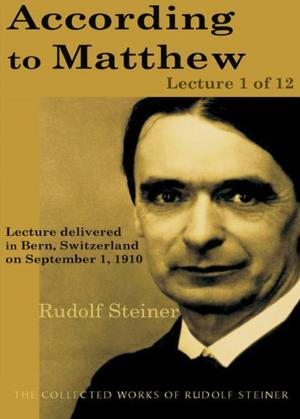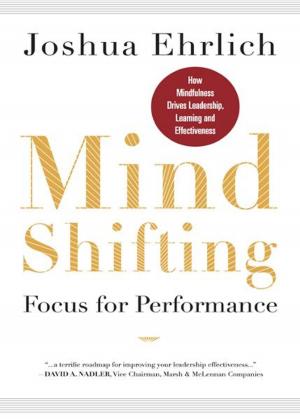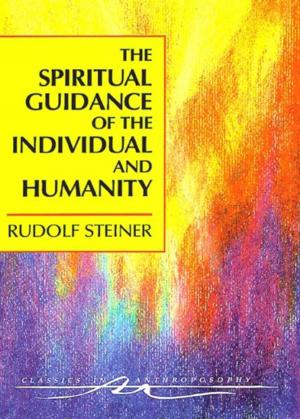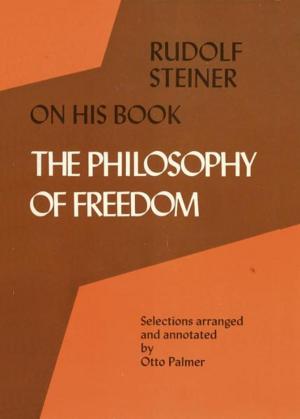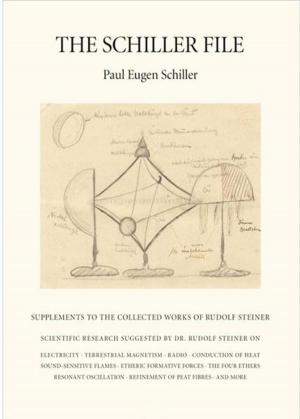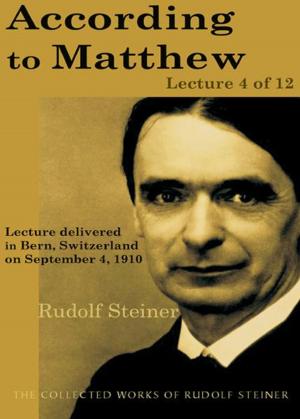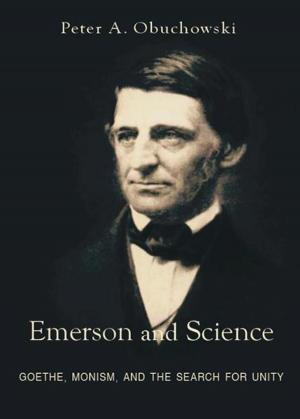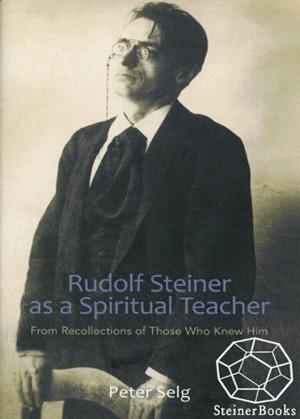Discussions with Teachers: Discussion 14 of 15
Nonfiction, Reference & Language, Education & Teaching, Educational Theory, Philosophy & Social Aspects| Author: | Rudolf Steiner | ISBN: | 9780880108775 |
| Publisher: | SteinerBooks | Publication: | March 1, 1997 |
| Imprint: | SteinerBooks, Collected Works 295 | Language: | English |
| Author: | Rudolf Steiner |
| ISBN: | 9780880108775 |
| Publisher: | SteinerBooks |
| Publication: | March 1, 1997 |
| Imprint: | SteinerBooks, Collected Works 295 |
| Language: | English |
This lecture is part of the collection "Discussions with Teachers" by Rudolf Steiner. Steiner (1861-1925) was an Austrian philosopher, social reformer, architect, and esotericist. He gained initial recognition as a literary critic and cultural philosopher. At the beginning of the 20th century, he founded a spiritual movement, Anthroposophy. He is considered the father of Waldorf education, biodynamic agriculture, anthroposophical medicine and spiritual science. More about rates of interest and algebra. Negative numbers, powers, and roots. Formulas. The building of towns in Europe. Concrete chronology through demonstrating the generations. Towns originated as markets, later fortified. Change of consciousness in fifteenth century. Historians Buckle and Lecky recommended. Lamprecht. Freytag. H. S. Chamberlain. Socialist historians good for facts. Observing the movements of Sun and planets. Egyptian drawing. Animal-headed men. Physical strength of Egyptians; their mythology. The entire Collected Works of Rudolf Steiner are available from SteinerBooks.
This lecture is part of the collection "Discussions with Teachers" by Rudolf Steiner. Steiner (1861-1925) was an Austrian philosopher, social reformer, architect, and esotericist. He gained initial recognition as a literary critic and cultural philosopher. At the beginning of the 20th century, he founded a spiritual movement, Anthroposophy. He is considered the father of Waldorf education, biodynamic agriculture, anthroposophical medicine and spiritual science. More about rates of interest and algebra. Negative numbers, powers, and roots. Formulas. The building of towns in Europe. Concrete chronology through demonstrating the generations. Towns originated as markets, later fortified. Change of consciousness in fifteenth century. Historians Buckle and Lecky recommended. Lamprecht. Freytag. H. S. Chamberlain. Socialist historians good for facts. Observing the movements of Sun and planets. Egyptian drawing. Animal-headed men. Physical strength of Egyptians; their mythology. The entire Collected Works of Rudolf Steiner are available from SteinerBooks.

